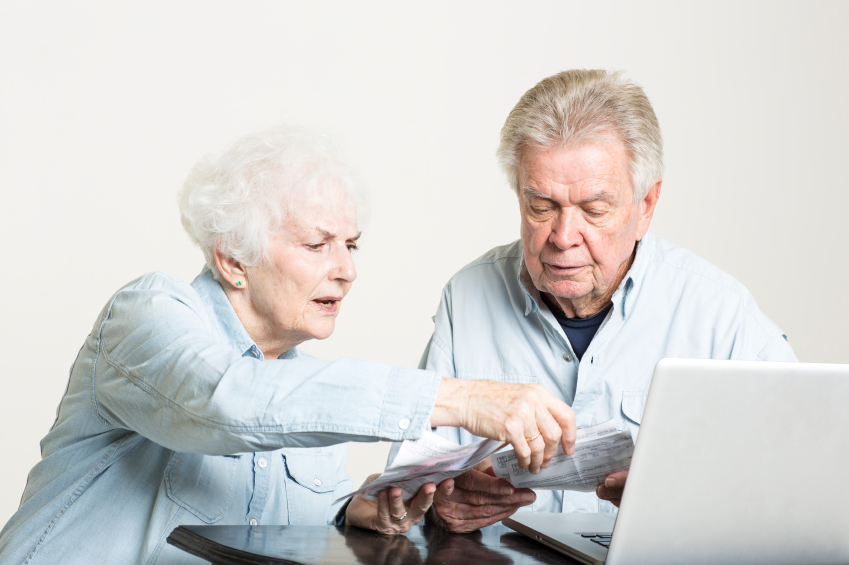
The number of people aged 80 and over who are acting as carers has rocketed, a charity said.
New estimates suggest there has been a 39% rise in the number of the “oldest” carers.
Age UK said that over the past seven years the number of carers aged 80 and over has increased from 301,000 to 417,000.
The charity has estimated that one in seven people aged 80 or over provide some sort of care for a loved one.
The majority of these older people are looking after a partner as older couples try to manage living at home for as long as possible, leaning on each other for support, a spokeswoman said.
More than 140,000 people are providing more than 35 hours of care every week, according to the estimates.
Overall, carers over the age of 80 are saving the health and care system £5.9bn a year by providing unpaid care, the charity added.
Meanwhile the number of retirees providing informal care for another person has risen from nearly 1.7 million to over two million in the last seven years.
“We owe a huge debt of gratitude to the hundreds of thousands of over-80s who are caring, many of them virtually full-time, saving the country nearly £6 billion a year in the process,” said Caroline Abrahams, charity director at Age UK.
“More of that money needs spending on supporting them, as well as the people they look after – usually their partner, but sometimes a friend or disabled adult child.
“Most of these wonderful older people tell us they care because they want to and are committed to, but they also often say they see no alternative.
“Many admit to being exhausted and worried about how long they can carry on, and the consequences if they become seriously ill themselves.
“The task of providing care ought to be fairly shared between individuals, families and the State.
“But as public funding falls further and further behind the growing demand for care, we worry that very old people are being expected to fill the gap.
“They can’t do it all on their own and we shouldn’t take advantage of their determination to do right by those they love.”
Emily Holzhausen, director of policy at Carers UK, added: “Older carers make an enormous but often hidden contribution to our society and the levels of care being provided are staggering.
“But, we hear time and again from carers that this comes at a cost to their own health and well-being, unable to leave the home or get sufficient breaks from caring.
“Our ageing population calls for greater investment now, from Government, social care services and the NHS to meet the increasing demand for care but also support the rapidly expanding numbers of older people who are themselves providing care.
“Action is urgently needed to ensure that older carers have the support they need and are not left caring alone by shrinking support services.”
READ MORE
Chronic loneliness and unmet care needs: Age UK reveal concerns over quality of life of pensioners
Charity urges banks to support ‘digitally excluded’ older people

Enjoy the convenience of having The Sunday Post delivered as a digital ePaper straight to your smartphone, tablet or computer.
Subscribe for only £5.49 a month and enjoy all the benefits of the printed paper as a digital replica.
Subscribe